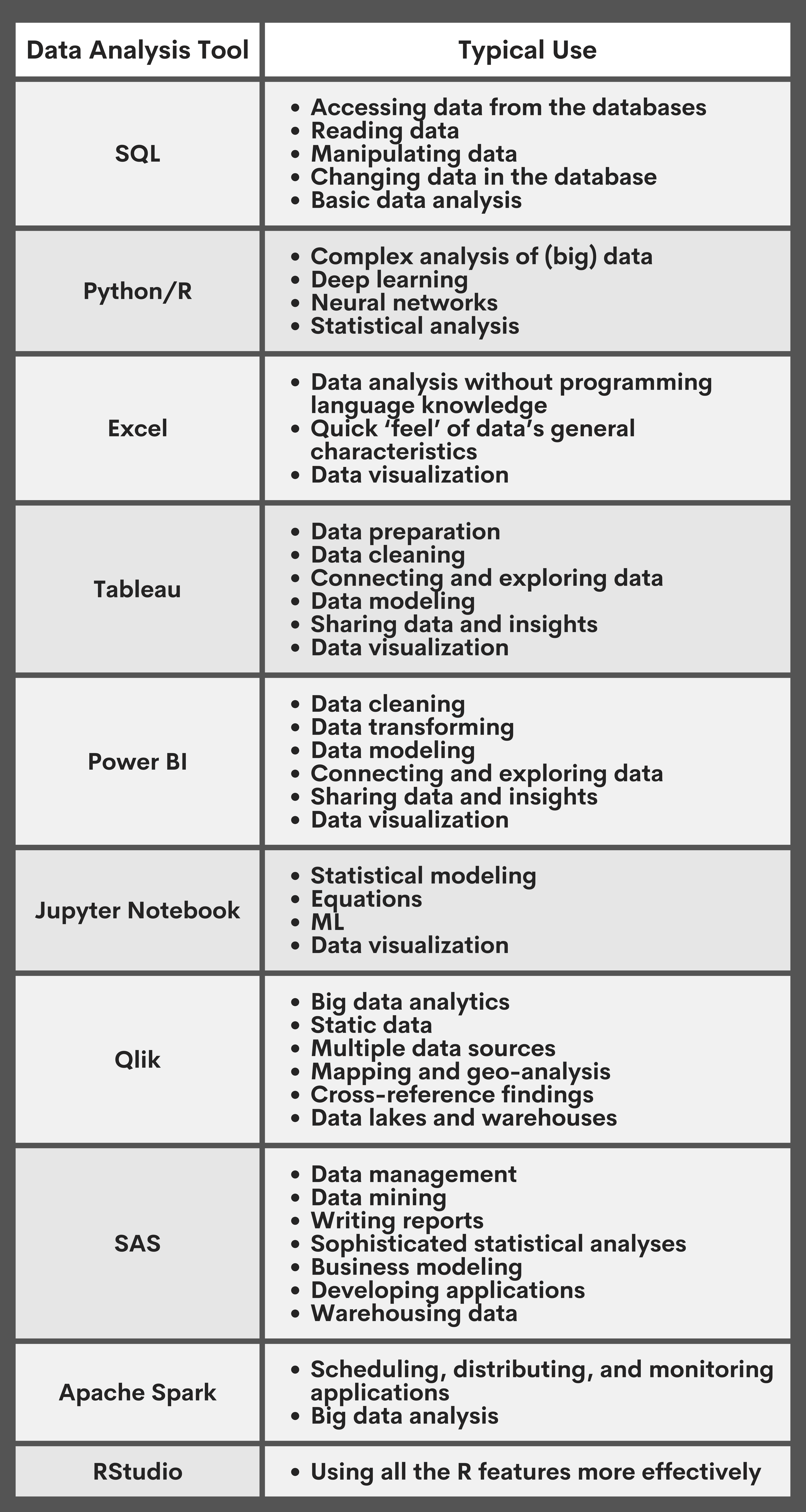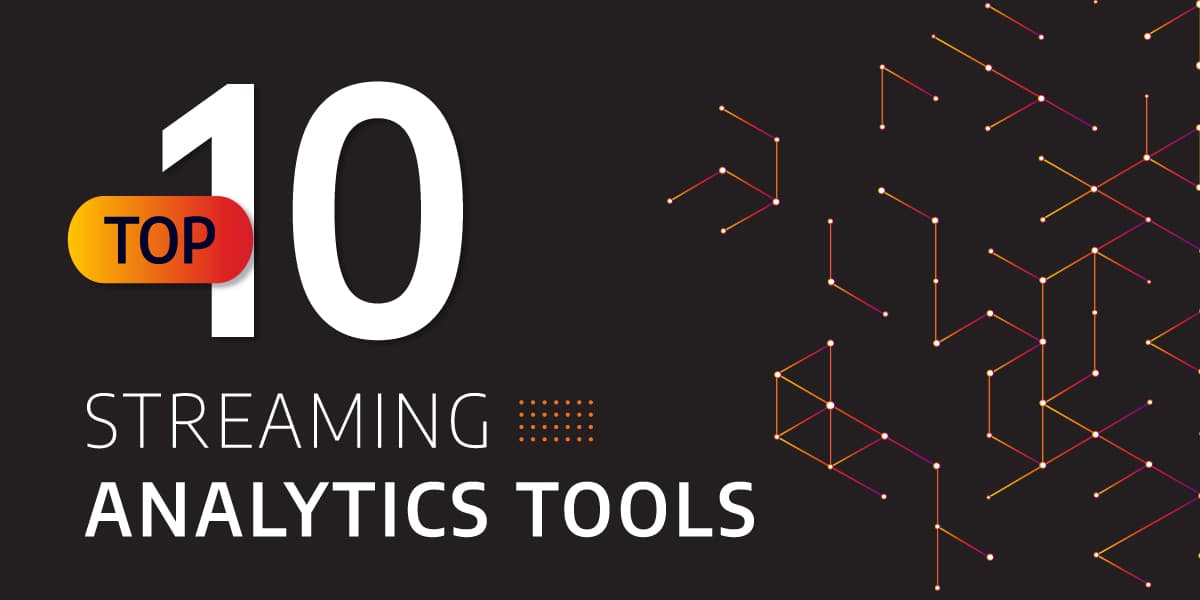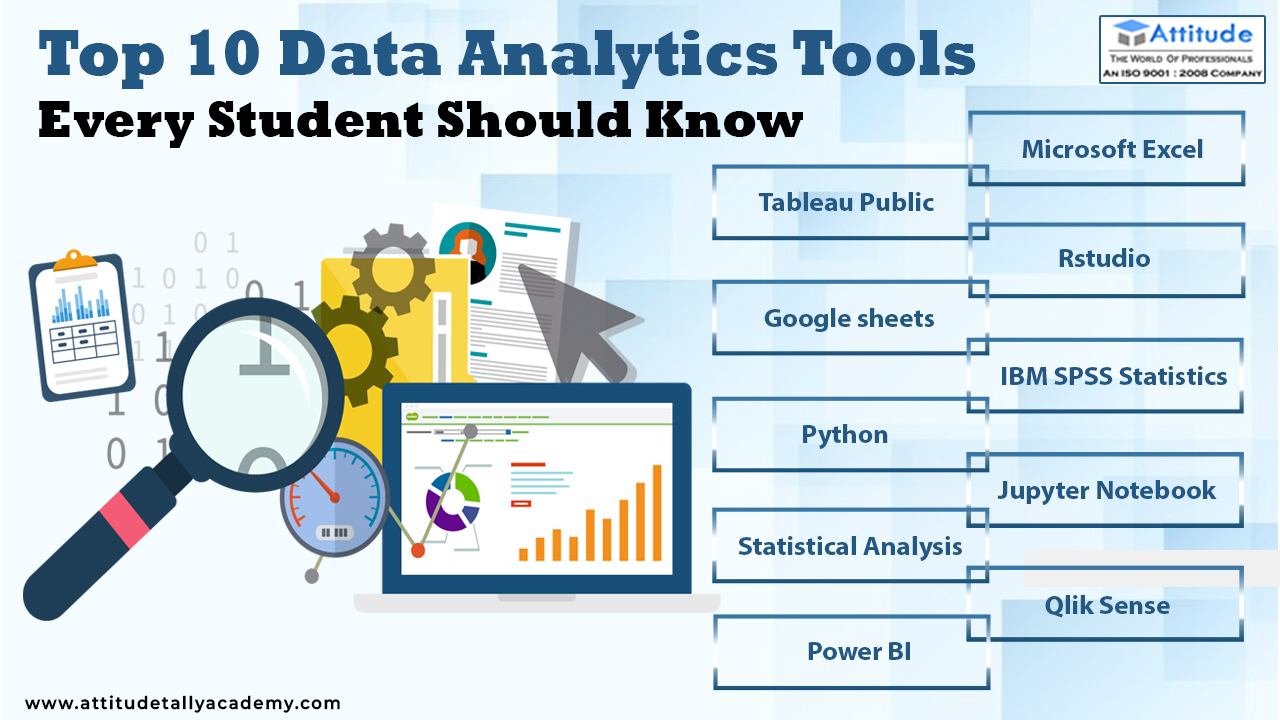Enhance Client Recognizing with Targeted Analytics Versions
Enhance Client Recognizing with Targeted Analytics Versions
Blog Article
Optimize Growth: How Analytics Drive Better Approaches
In today's data-driven landscape, companies increasingly identify the essential role of analytics fit effective development strategies. By using data understandings, companies can improve their operational strategies, expect market adjustments, and improve consumer engagement. The challenge exists not just in collecting information but in successfully interpreting it to drive concrete end results. As we explore the essential advantages and methodologies related to analytics, a critical concern arises: just how can organizations ensure they are leveraging these understandings to open their complete potential? The answer might redefine the future of critical preparation.
Understanding Data Analytics
Data analytics is a systematic computational evaluation of data that makes it possible for companies to uncover purposeful patterns and understandings. This procedure incorporates a range of methods, including statistical analysis, predictive modeling, and data mining, which jointly intend to change raw information into actionable information - Analytics. By employing these methodologies, organizations can make informed choices that are rooted in empirical evidence instead of intuition alone
The foundation of information analytics hinges on its capability to manage huge amounts of information from diverse resources. This consists of structured data, such as data sources, and disorganized information, including social media communications and consumer comments. Through making use of specialized software program and devices, analysts can extract and refine this data efficiently, identifying fads and relationships that may not be right away obvious.
Understanding information analytics likewise entails identifying the significance of data top quality and stability. Accurate and trusted information is vital for meaningful evaluation; therefore, companies need to execute durable data administration practices. In addition, the iterative nature of analytics enables continuous improvement and enhancement of techniques, guaranteeing that organizations continue to be agile when faced with transforming market dynamics and customer behavior.
Key Benefits of Analytics

One of the crucial advantages of analytics is its capability to offer actionable insights. Organizations can quickly analyze substantial quantities of data, revealing patterns that might not be right away noticeable.
An additional considerable benefit is enhanced consumer understanding. Analytics devices allow companies to segment their target market, track customer behavior, and individualize advertising and marketing efforts. This targeted method not just enhances customer involvement however likewise drives greater conversion prices.

Implementing Analytics Methods
To totally recognize the benefits of analytics, companies should take on structured methods for execution. This begins with clearly specifying objectives that align with wider organization goals. By establishing certain, quantifiable outcomes, organizations can concentrate their analytics initiatives on locations that yield the greatest return on financial investment.
Following, organizations ought to prioritize information administration to make certain the integrity and safety of the information being assessed. This involves setting up protocols for data collection, storage, and accessibility while adhering to appropriate guidelines. Making certain premium information is critical for creating meaningful insights.
Furthermore, fostering a culture of data-driven decision-making is vital. This needs training workers to translate analytics findings and encouraging partnership across departments. They are extra most likely to incorporate insights into their daily procedures. when groups comprehend the value of analytics.
Lastly, organizations should routinely review and improve their analytics approaches. The landscape of information and innovation is constantly evolving, and remaining versatile will allow companies to take advantage of new tools and techniques properly. By carrying out these structured strategies, companies can optimize the effect of their analytics initiatives and drive lasting more information growth.
Devices for Efficient Evaluation
Efficient analysis depends on a range of devices that assist in the extraction of understandings from data - Analytics. These devices can range from straightforward spreadsheet applications to sophisticated maker learning systems, each serving an one-of-a-kind function in the logical process
Data visualization software program, such as Tableau and Power BI, plays an important duty in transforming complicated datasets right into easy to understand visual depictions. These tools enable experts to recognize patterns and patterns quickly, permitting even more enlightened decision-making.
Statistical analysis software application, like R and SAS, supplies advanced capabilities for carrying out comprehensive evaluations, including regression, hypothesis testing, and predictive modeling - Analytics. These functions encourage companies to attract meaningful conclusions from their data, determining prospective possibilities and threats
Furthermore, database management systems such as SQL and NoSQL databases offer the required facilities for keeping and inquiring big volumes of data effectively. They guarantee that data is organized and available for analysis.
Lastly, company intelligence platforms incorporate numerous information resources, supplying a comprehensive view of business efficiency. By making use of these devices efficiently, companies can enhance their analytical capacities, allowing them to establish techniques that optimize growth and improve total efficiency.
Study of Success
Effective companies usually take advantage of information analytics to drive impactful methods, as evidenced by numerous noteworthy instance studies. By employing hop over to these guys these understandings, Netflix has effectively customized its content referrals, resulting in enhanced customer engagement and customer retention.

Furthermore, Starbucks utilizes information analytics to figure out optimum shop areas index and improve its item offerings. By examining customer demographics and purchasing patterns, Starbucks successfully identifies high-potential markets and tailors its menu to local tastes, driving sales and consumer commitment.
These study highlight that reliable application of information analytics can cause calculated benefits, fostering development and growth within organizations throughout numerous sectors.
Final Thought
In final thought, the combination of analytics into organizational strategies significantly boosts decision-making procedures and promotes sustainable development. By leveraging data-driven insights, companies can identify patterns, anticipate market shifts, and maximize procedures. The effective implementation of analytics devices additionally supports dexterity and advancement, allowing organizations to browse competitive landscapes with greater accuracy. Eventually, a dedication to analytics not just drives immediate efficiency enhancements but additionally protects long-term success in an ever-evolving market.
Information analytics is a methodical computational evaluation of data that makes it possible for organizations to reveal meaningful patterns and understandings.Understanding data analytics additionally involves acknowledging the importance of data top quality and integrity. Reputable and exact data is vital for purposeful analysis; therefore, companies must execute durable information administration practices.Next, companies need to prioritize data governance to make certain the honesty and safety and security of the information being assessed.Effective organizations typically take advantage of information analytics to drive impactful approaches, as evidenced by several noteworthy situation researches.
Report this page